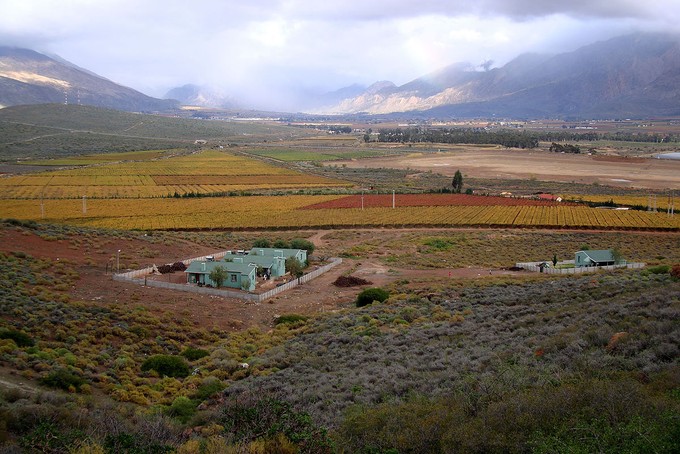Lesotho nationals worried they will miss permit deadline
Many still await documents that they need to complete application
Lesotho nationals living and working in De Doorns are not sure whether they will be able to meet the application deadline (30 September) for the Lesotho Special Permit (LSP), says Owen Maromo from People Against Suffering Oppression and Poverty (PASSOP), an immigrant rights organisation.
LSP is a project initiated by the South African and Lesotho governments to regularise Lesotho nationals living and working in South Africa. The initial closing date was 30 June 2016 but this was extended.
According to a GroundUp report in May only 500 out of about 5,000 Lesotho nationals living and working in De Doorns had managed to successfully apply for LSP by 30 June 2016.
In August the Lesotho and South African governments ran a programme in De Doorns, Worcester and Ceres assisting Lesotho nationals to apply for birth certificates and identity documents since most of them were not in possession of these, which are necessary to apply for an LSP.
Maromo said the introduction by the Lesotho government of a system allowing nationals to apply for birth certificates and identity documents in South Africa had been welcomed in De Doorns. But those who had not yet received these documents were worried that they might not be able to apply for the permits before the cut off date.
The birth certificates and identity documents are processed in Lesotho. This is supposed to take two to three weeks.
Maromo also said some people might not meet the deadline because of financial constraints. Most of the Lesotho nationals worked on farms and the season had just started, “so some do not have the required amount for the application.”
To date Maromo said over 2,000 Lesotho nationals had successfully managed to apply for the LSP.
Support independent journalism
Donate using Payfast

Don't miss out on the latest news
We respect your privacy, and promise we won't spam you.
Next: Masiphumelele hearing postponed again
Previous: Fight crime like you fought apartheid, police officer tells Khayelitsha residents
© 2016 GroundUp. 
This article is licensed under a Creative Commons Attribution-NoDerivatives 4.0 International License.
You may republish this article, so long as you credit the authors and GroundUp, and do not change the text. Please include a link back to the original article.

